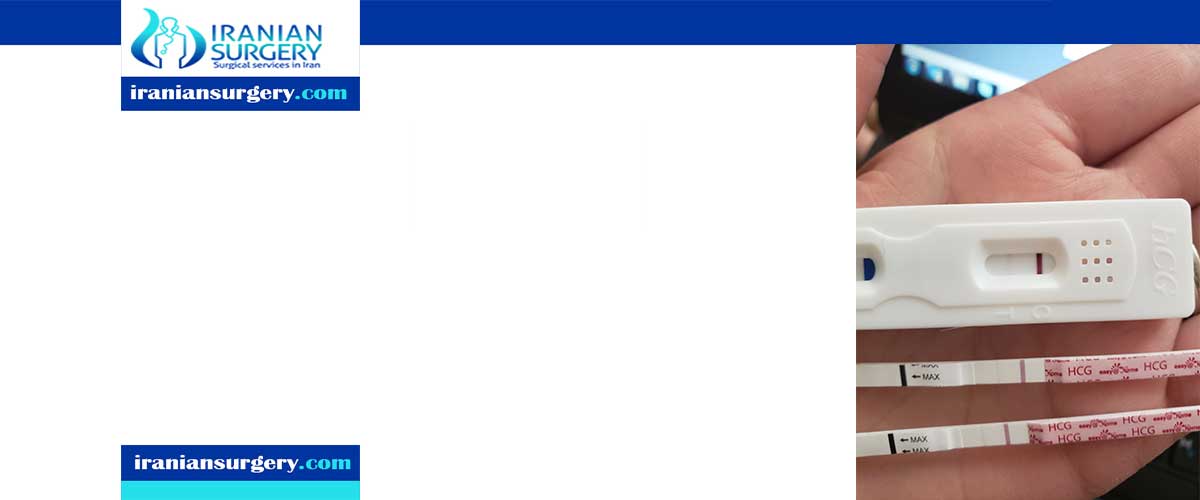1Does IUI increase chance of pregnancy?
On average, a woman under 35 will have a 10 to 20 percent chance of pregnancy with each IUI, while a woman over 40 will have a two to five percent chance. “The peak IUI effect is around three to four cycles,” says Baratz. “If you're going to get pregnant [with IUI], you'll get pregnant within those attempts.”
2What is the difference between IUI and IVF?
The main difference between an IUI and IVF treatments are: IVF is a process involving egg stimulation, retrieval, fertilization, and transfer; whereas, an IUI injects sperm into a uterus to decrease the sperm's travel time to the egg. ... transfer of the resulting embryos into the uterus
3Is IUI safe for baby?
IUI is a popular infertility treatment option due to its lower cost, fewer side effects and fewer health risks. 3-6 IUI cycles are recommended before moving on to a more aggressive treatment such as in vitro fertilization (IVF). After completing 6 cycles of IUI, your chances of conceiving decrease dramatically
4Why does IUI fail?
An IUI failure will lead to an abortion, or if the treatment hasn't worked, it will bring in your periods. If the quality of egg and sperm are not good, they may have some chromosomal abnormality, which will result in spontaneous abortion. And in 85% of cases, this is the reason for early pregnancy losses
5Is IUI successful in first try?
One study found that IUI success rates were 16.4 percent per cycle for the first three tries or 39.2 percent if looking at all three trials together. However, for IUI treatments cycles 4 through 6, the success rate dropped significantly to only 5.6 percent
6Can sperm fall out after IUI?
It is possible that woman may feel some fluid leaking out of the vagina after an IUI. Sometimes some of the fluid inseminated into the uterus will leak back out through the cervix. ... In most cases, there will still be plenty of sperm that stayed in the uterus to produce pregnancy
7How long does it take to get pregnant with IUI?
3 to 12 days
The sperm and the egg must meet within this window for fertilization to occur. The next step of pregnancy is for the fertilized egg to implant in the lining of the uterus. This may take anywhere from 3 to 12 days: implantation occurs by the 9th day in 40% of women who become pregnant after ovulation
8What should I avoid after IUI?
Avoid strenuous exercise right before and after insemination
Strenuous activities could cause uterine contractions that could interfere with implantation. Light exercise such as light aerobics, swimming, walking, and yoga are fine. High impact exercise such as jogging and step aerobics should be avoided
9Is bed rest required after IUI?
Conclusions. Bed rest for 10 and 20 min after intrauterine insemination has a positive effect on the pregnancy rate, but there is no statistically significance difference between them. We recommend bed rest for at least 10 min after intrauterine insemination
10Which day IUI is done?
Your doctor may ask you to use an ovulation predictor kit to work this out, or she may track your cycle using blood tests . IUI is usually done between day 12 and day 16 of a natural menstrual cycle, but the exact day will depend on your individual cycle . ... It also ensures insemination takes place at the best time



